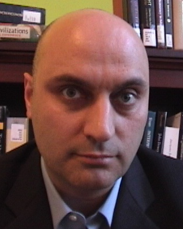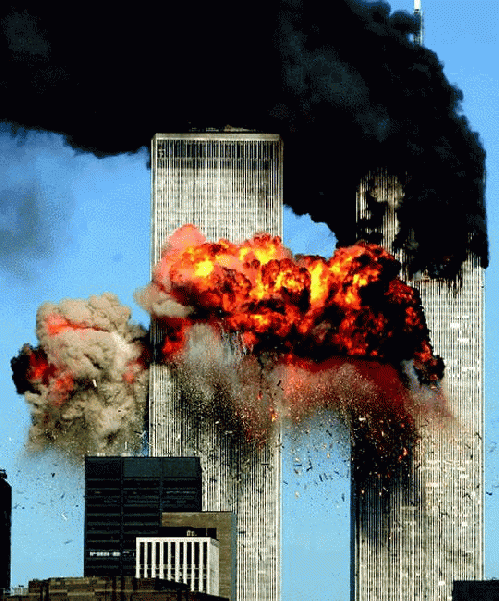A decade has passed and we are still dealing with the aftermath of that tragedy. In the meantime, we have seen two bloody wars and much devas tation. Innocent people were killed on that day and many more have been killed since then. The world has become ever more dangerous, with more and more countries involved in wars and conflicts. Sadly, many countries do have long lists of grievances against one another. If we always go the way of vengeance, there will be no peace on Earth.
Aside from geostrategic power struggles at the highest levels, what makes these grievances so hard to overcome at the level of the populace is the lack of an ability to see the world from the opposite side of the cul tural divide. We persistently fall into the trap of downplaying our own na tions' shortcomings and mistakes while overplaying those of our perceived enemies.
In the wake of the Abu Ghraib prison scandal in 2004 a long-forgotten book by the anthropologist Raphael Patai (1910--96) was reprinted, which some observers then believed had been used by US interrogators as a tor ture manual for extracting information out of Iraqi detainees. The book is entitled, The Arab Mind. In the new reprint's foreword long-time army colo nel Norvell B. De Atkine makes the (difficult to qualify) assertion, "While [the Palestinians'] conflict with Israel has been a bloody one over the years, it cannot approach the level of death and destruction incurred in Palestin ian wars against the Lebanese, Syrians, and Jordanians. Despite this great violence, the Palestinian--Israeli conflict retains its place as the primary gal vanizing issue for the "Arab street.'"
With these words De Atkine emphasized a double standard which plagues Arab societies. But is the double standard an exclusively Arab problem? Do not Americans react differently when, say, they hear that a foreigner has been killing Americans than when a member of their own society is exposed as a serial killer? Generations of racial profiling seem to suggest an affirmative answer to this question. The Palestinian--Israeli conflict is a more sensitive issue for most Arabs because this conflict more than any other conflicts--including many bloody wars among the Arabs themselves--has divided the world into two poles, where Arabs are put on one side and the West on the other.
De Atkine refers to the "Arabs' tendency to blame others for the prob lems evident in their political systems, quality of life, and economic power." As an immigrant to the West myself, I have amply witnessed how foreign residents are blamed for all the social and economic problems during times of recession and rising unemployment.
Today, Americans blame China for the US trade deficit, as if China created the American consumer culture. It is we who demand Chinese products because we'd rather pay $10 for a Chinese toaster than $100 for one made in America. According to estimate by the CIA World Factbook, the Chinese GDP at purchasing power parity (PPP) per capita in 2009 was just about $6,600, compared to $46,000 in the United States. The average Chinese has just about 15% of the spending money of the average American citizen, meaning that for every dollar, Chi nese workers must work up to seven times longer.
Still, we have no moral qualms if the Chinese work harder and earn less so that we can indulge in their cheap toasters and yoyos, but we consider it unfair if they buy less from us than we buy from them. We need a scapegoat to blame for our own economic mismanagement, and what better scapegoat than the Chinese?
While the US military was bogged down in two scorching wars in Iraq and Afghanistan with no end in sight, the Bush Administration mounted verbal attacks and threats of invading Iran. This proved a monumental blunder as Iranians began sending arms and money to militants inside Iraq in an attempt to weaken the US military wherever they could reach it. The Bush Administration needed to find a scapegoat to blame for its grave mis management of the "war on terror," and who better than the already de monized leadership in Tehran?
(Note: You can view every article as one long page if you sign up as an Advocate Member, or higher).






